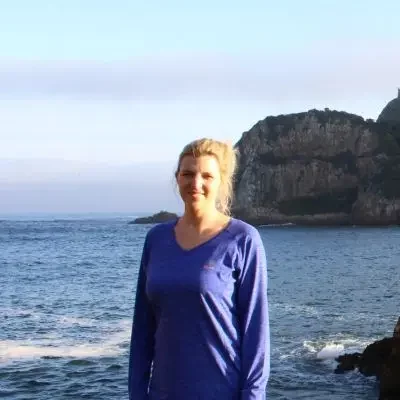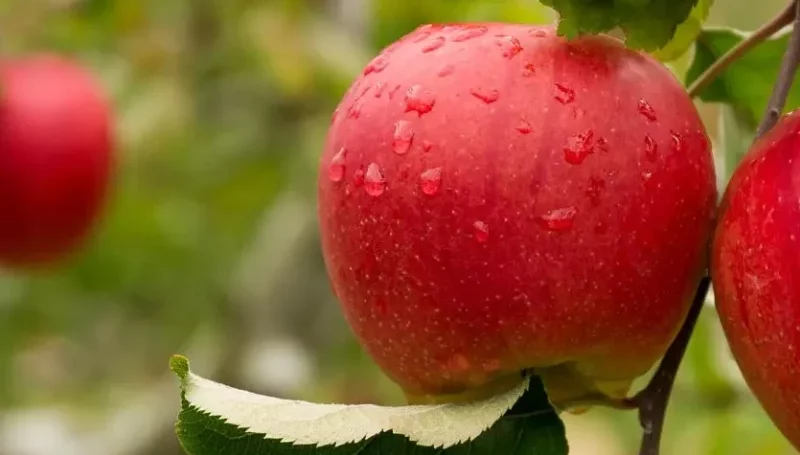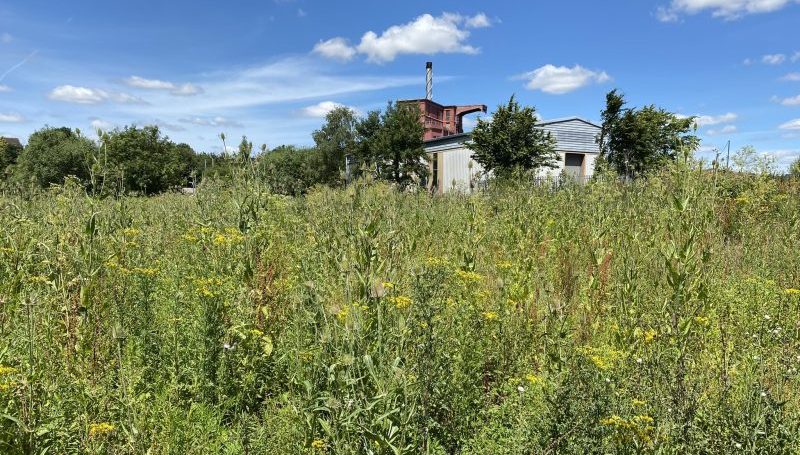Importance of Peat
Peatlands are precious biodiverse habitats that are vital for both nature and the climate. They cover less than 3% of global land surface, but estimates suggest that peatlands contain twice as much as in the world’s forests (Global Peatlands Initiative), and they are the UK’s largest stores of carbon (Department for Environment Food and Rural Affairs, DEFRA). In addition, the benefits are numerous, they decrease flood risk and provide habitats and food for rare wildlife amongst other things. Peatlands store large amounts of carbon.
Use of Peat
Peat is primarily extracted in the UK for horticulture (DEFRA). Peat takes thousands of years to form and therefore its extraction is not a sustainable practice. The extraction of peat releases the stored carbon as CO2, contributing to climate change. It also damages valuable habitats for plants and animals and reduces the ability of peat to prevent flooding and filter water. Not to mention the degradation of one of the UK’s iconic landscapes. GOV.UK notes that bagged retail growing media accounts for 70% of the peat sold in the UK. The RHS is a leading ambassador for promoting the use of peat-free compost. As stated by the Director of Science and Collections at the RHS (Professor Alistair Griffiths) …. “To tackle the climate and biodiversity crises, it is essential that we have a sustainable transition to peat-free alternative growing medias. The RHS stopped selling peat-based growing media bags in 2019 and will continue to work with Defra, industry, and gardeners to accelerate the transition to peat-free.”
Banning Peat Sales
On 27 August 2022, the Government announced that all sales of peat to amateur gardeners in England will be banned by 2024. These measures are great step forward in contributing to targets of restoring peatlands and the wider climate change efforts. However, many garden centres and retailers are still selling a large amount of peat compost. Peat is cheap and a very good growing medium therefore swapping it for an alternative is proving to still be a challenge.
Peat-Free Composts
Peat-free compost is a totally natural and eco-friendly compost which is made from peat alternative products. They are becoming more consistent and more widely available. Peat-free potting composts typically contain mixtures of organic materials such as composted bark, coir (coconut fibre), wood fibre and green compost – mixed with inorganic materials such as grit and sharp washed sand used in potting compost mixes. Although the quality of peat-free compost is improving, with some alternatives working as effectively if not better than peat-based composts, many peat-free alternatives are markedly different to peat-based composts and some adjustments to plant care routines are needed to achieve the best results. Defra has confirmed that while sales of bagged peat composts will be banned by 2024 (no specific date), an extension of the use of peat compost within the professional sector has been agreed. A phased reduction in the use of peat will take place by 2026, allowing for certain technical exemptions, with a complete ban from 2030.
But is this happening, and can we make this happen? Although the industry is dragging its heels on this, by choosing alternatives we can reduce demand. The Landscape Team at Ecus Ltd specifically state within planting specifications that peat-free composts and mulches should be used, and we work with our habitats team and contractors to make this happen.
More, good quality peat-free alternatives at comparable costs are needed. Many commercial plant nurseries struggle to balance keeping costs down whilst quality high when using peat-free compost. A greater awareness of why it is important to protect and conserve our peatlands is also important. In addition, greater investment into the restoration of peatlands needs to be a priority – with more funding and awareness of the importance of restoring these landscapes to their natural condition.




